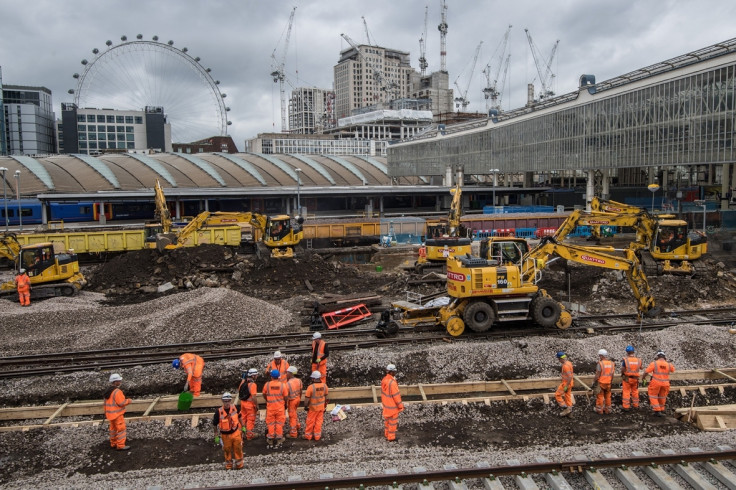How welcome are women in the construction industry?
Women make up less than 15 per cent of the construction industry in the UK, often represented in construction manager positions. Non-profit organisations are working with women and employers to better gender diversity in the manual labour workforce.

Gender balance in the construction industry falls significantly behind other fields. The Office for National Statistics (ONS) revealed that in the UK, only 14.7 per cent of the construction workforce is made up of women.
Although women make up 47.6 per cent of the overall workforce in the UK, the industries most populated by women are education and human health services. In these fields, over 70 per cent of the on-the-ground employees are women.
However, although the numbers are evidently low, the construction industry has prioritised gender inclusivity for 10 years. Since 2013, the number of women involved in construction has increased by nearly 40 per cent. Organisations like Women into Construction and the National Association of Women in Construction (NAWIC) have paved the way to reduce the stereotypes attached to manual trade workers.
Women into Construction is an independent organisation that promotes gender equality in construction. The non-profit organisation aims to reduce the "skills gap" and to create a gender-equal workforce. Women into Construction also assist contractors and recruitment services by recommending motivated and skilled women for construction roles.
Women into Construction have provided construction training to over 1,200 women.
Thrilled to see happy faces at the work placements at @KeepmoatHomes & @morgansindallc for the Women into Construction Employment programme in the North East.
— Women into Construction (@WIConstruction) March 21, 2023
Huge thanks to @gatesheadcoll @NewcastleCC @NorthTyneCA @DWPgovuk & BUILDNE for their support!#womenintoconstruction pic.twitter.com/wWasiXw942
Tony Hyland, the Senior Business Sector Manager from the National Employment and Partnership Team spoke to reporters about the success of Women into Construction.
He said: "Obviously one of the great things is to see how [the construction workforce] has actually expanded and how successful it has actually been in getting large numbers of women into manual work."
"All of the advisors are now looking at their caseloads, looking at the women on it and are thinking... could they potentially go into the construction sector. And those that have skills, how do we make it easier for them to re-enter," he added.
Ray Moiler, a member of the Women into Construction organisation, used her carpentry qualifications to inspire and educate 40 women in Eswatini. Working with the Tools for Life Foundation, Ray Moiler took part in a project that provided a group of women with an education on the essential skills needed in the manual labour industry.
Reflecting on her time in Eswatini, she said: "What was so special about these 40 women was that they were all HIV positive... but still, they were doing ground-breaking work and they were the first women who were doing this kind of work, it's not a usual role for Swazi women."
The National Association of Women in Construction is also a non-profit organisation that aims to improve gender diversity in the construction industry. NAWIC works internationally with women, supporting women in their careers and celebrating their accomplishments.
The organisation also intends to inspire new generations of women to join the labour field by arranging site visits, networking events, workshops, and industry ceremonies.
The National Association of Women in Construction (NAWIC) is working hard to reach the next generation of female leaders.
— I Build America - KY (@build_ky) March 7, 2022
Learn specific ways your organization can support them in their quest to lead builders and build leaders. https://t.co/JQ4uNKGtUm pic.twitter.com/Qdw4Hozf1l
Connie Leipard, NAWICS National President, told reporters that: "NAWIC encourages women to step out into a new ideology for themselves and for their families, by supporting them through educational resources... networking opportunities and the safe place for women to step into a leadership role."
There is still a huge lack of diversity in the construction industry, specifically in the leading and manual construction roles. The National Online Manpower Information Service report showed that in 2023, less than 10 per cent of the on-the-ground employees executing manual labour, are women.
The report also revealed that the number of women represented in construction management positions is less than 15 per cent. Nearly 40 per cent, the majority, of women in the field are in architectural and town planning technician roles.
David Wake, a member of the Construction Industry Training Board, concluded that: "Women in construction opens doors that would otherwise be shut, and it is essential that the work continues."
© Copyright IBTimes 2025. All rights reserved.






















